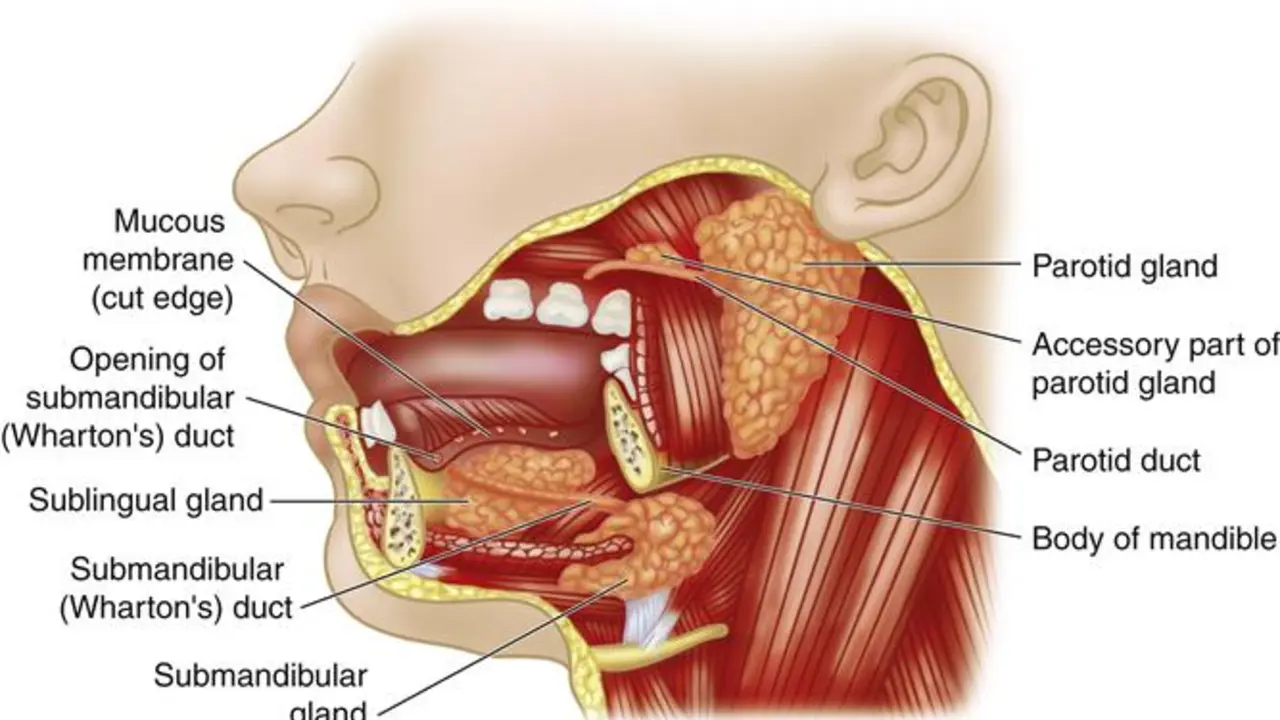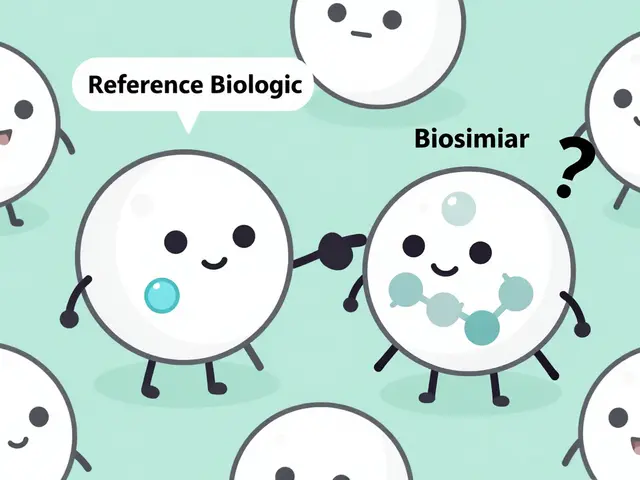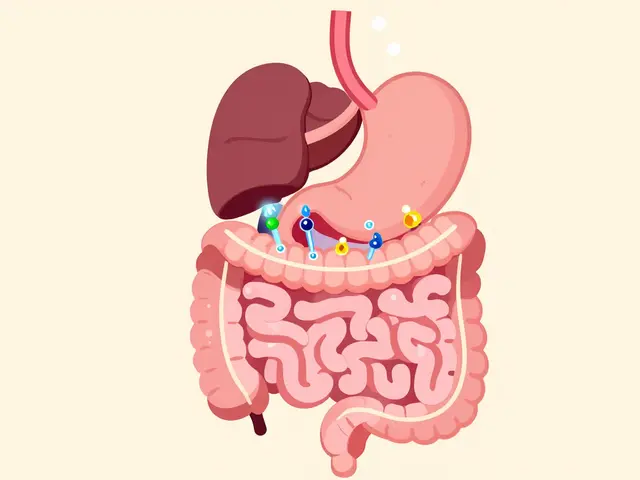Bad Breath: What It Is and How to Fix It Quickly
If you’ve ever worried that your breath might be off, you’re not alone. Bad breath, or halitosis, is a common problem that can be embarrassing, but it’s usually easy to manage. Below you’ll find the main reasons it shows up and a handful of practical steps you can start using today.
Common Reasons Your Mouth Smells
The most frequent cause is simple plaque buildup. When food particles sit on teeth or the tongue, bacteria break them down and release sulfur compounds that smell bad. Skipping brushing or flossing for even a night can let this happen.
What you eat matters, too. Strong foods like garlic, onions, and coffee leave lingering scents that travel from the stomach to the mouth. Acidic drinks can also dry out the mouth, lowering saliva that normally washes away odor‑producing bacteria.
Dry mouth, or xerostomia, is another big player. Saliva is the mouth’s natural cleanser. Medications, breathing through the mouth, or conditions such as diabetes can reduce saliva flow, letting bad smells build up.
Smoking and tobacco use coat the tongue and gums with chemicals that stick around long after you finish. The habit also reduces saliva, creating a double‑hit for odor.
Finally, medical issues can be behind persistent bad breath. Infections of the gums, throat, or sinuses, as well as gastrointestinal problems, sometimes release foul‑smelling gases. If you’ve tried all the basics and the smell doesn’t improve, a health check might be needed.
Simple Steps to Freshen Your Breath
Start with a solid brushing routine: two minutes, twice a day, and don’t forget the tongue. A soft silicone scraper or the back of a toothbrush works well to lift the white coating where bacteria love to hide.
Floss daily. It removes food bits between teeth that a brush can’t reach, cutting down the bacterial load.
Use an alcohol‑free mouthwash or a rinse with chlorhexidine if you have gum disease. These products kill bacteria without drying out the mouth.
Stay hydrated. Sip water throughout the day, especially after meals. Chewing sugar‑free gum stimulates saliva production and can neutralize odor quickly.
Watch your diet. Cut back on sugary snacks, reduce coffee and alcohol, and eat raw crunchy vegetables like carrots or apples. They naturally scrub the teeth and boost saliva.
If you smoke, consider cutting down or quitting. Not only will your breath improve, but your overall health gets a major boost.
Schedule a dental check‑up at least twice a year. A professional cleaning will remove hardened plaque (tartar) that home care misses, and your dentist can spot early gum disease that might be causing the smell.
When to see a doctor? If you notice a persistent sour or metallic odor, unexplained weight loss, or you’ve been treated for gum disease and the problem lingers, book an appointment. Your doctor can rule out infections, digestive issues, or metabolic conditions that need treatment.
Bad breath doesn’t have to be a permanent problem. With a few daily habits and a quick check‑up when needed, you can keep your mouth fresh and confident.
Welcome to my latest post where I delve into the fascinating connection between the health of our pharyngeal mucous membranes and bad breath. You'll be amazed to find out just how closely related these two seemingly unconnected oral health aspects can be. If you've ever wondered why certain conditions cause bad breath or halitosis, you're in the right place. Get ready, we're about to get to the bottom of this intriguing health topic!



 Medications
Medications




